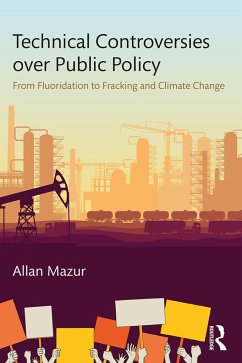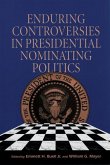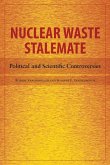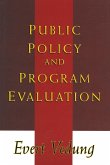Newspapers and TV often report controversial risk warnings over technological innovations, scientific developments, or environmental hazards that have at their core a dispute between experts who contradict one another not only on preferred policy but also on the scientific facts that underlie decisions about public policy. Recent examples are the disputes about climate change, fracking, vaccination and autism, and genetically modified organisms (GMOs). Adversaries mobilize constituents with similar interests or ideologies, form opposing coalitions, and compete for media exposure. They articulate arguments and counterarguments. "Facts" become malleable, differently appraised by each side. Uncongenial evidence is ignored or discredited. For many adversaries, winning the policy argument is primary; evaluating the true degree of hazard is secondary. How can we determine which side's "facts" are right and which wrong? Do news media enlighten the public or worsen polarization? Can policymakers deal with controversial science and technology more cogently than they do now?
Hinweis: Dieser Artikel kann nur an eine deutsche Lieferadresse ausgeliefert werden.
Hinweis: Dieser Artikel kann nur an eine deutsche Lieferadresse ausgeliefert werden.








